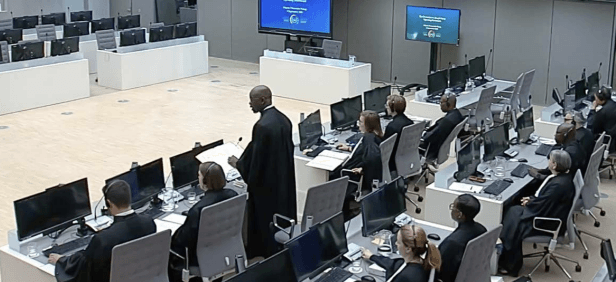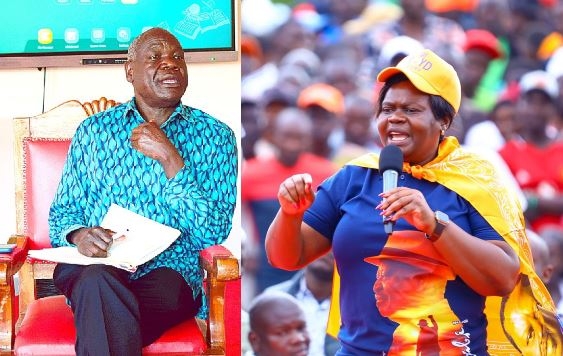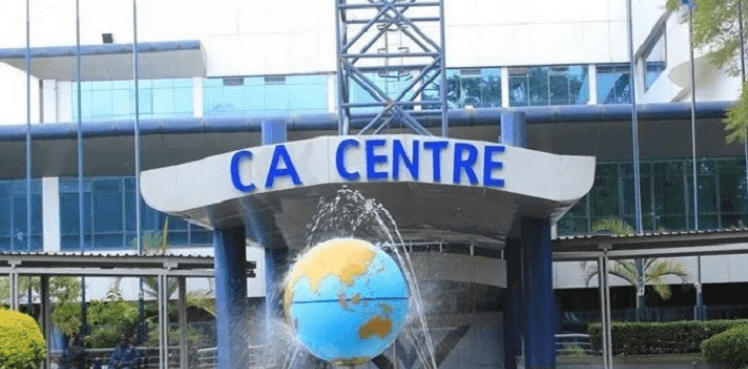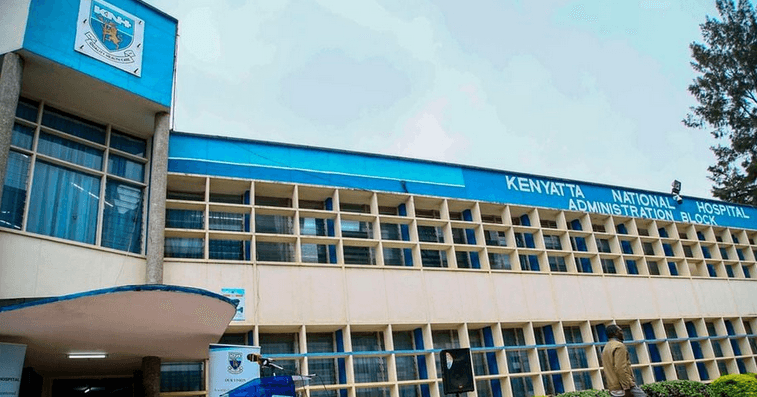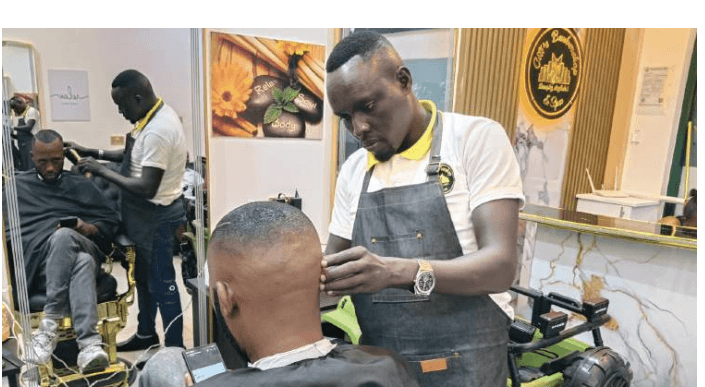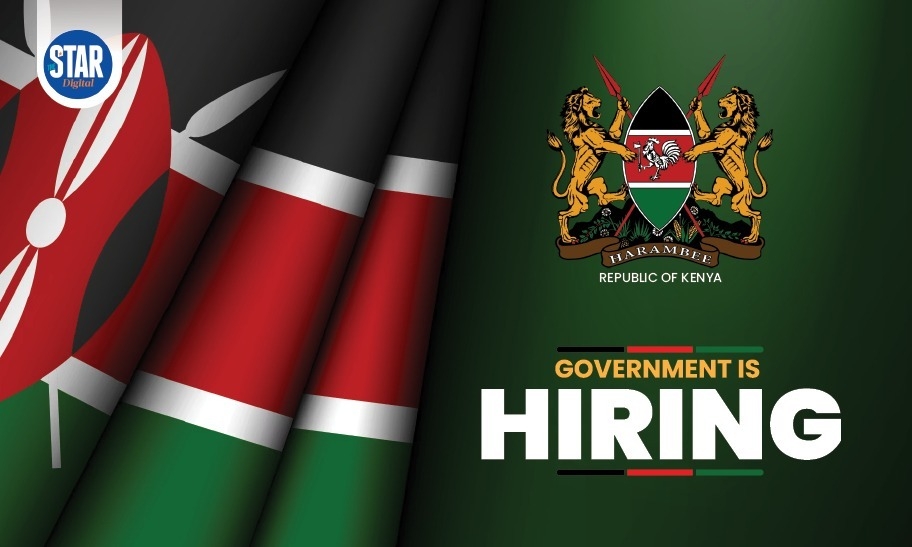The Kenya Medical Research Institute was one of the institutions that was poised to host some HIV Cure studies but with the onset of Covid-19, the international partners who sponsored the studies paused the implementation as the world focuses on Covid-19 pandemic.
Kemri has been a key player in global research to find a cure and vaccine studies.
In 2001 the parastatal in collaboration with US Centers for Disease and Prevention (CDC) established the HIV research division, which has been involved in over 10 clinical trials.
Unaids reported that in 2018 Kenya had 1.6 million people living with HIV, with a national prevalence rate of 4.7 per cent among adults aged 15-49 years. That translated to 46,000 new infections a year.
In that year, 25,000 people died from Aids-related illnesses.
“The world is now focusing on how to cure HIV hence new studies have been developed in line with this concept based on experiences from those who have been reported to have been cured of HIV,” Kemri researcher Philister Adhiambo said.
She was speaking in Migori town in a science café organized by Media for Environment, Science, Health and Agriculture for science journalists.
Adhiambo said one of the HIV cure methods is called Analytical Treatment Interruption (ATI) where people who were placed on ARVs are asked under controlled and monitored conditions, to pause ART intake to assess how their body immune system behaves and how HIV virus progresses in their bodies. This cannot be done under normal hospital environment but in a research clinic setting, she said.
“The key challenge right now is how to safely conduct such studies under the current Covid-19 pandemic environment as this may place both the researchers and the volunteers at risk of contracting Covid-19 from one another hence the decision by the international partners to suspend their implementation until the Covid-19 situation worldwide improves,” she said.
Other studies hosted by Kemri HIV Research Division in Kisumu include HPTN 052 research that was working with 1,763 discordant couples- where one person is HIV positive- to evaluate effectiveness of early initiation of HIV Antiretroviral Therapy (ART) in transmission.
Already, the research has shown a 96 per cent reduction in HIV transmission within the couples assigned to early ART, which was considered a major breakthrough that also informed WHO and current MoH guidelines on when to start HIV ART. A move that has significant health benefits to the HIV infected person.
The other study is HPTN 081 research an Antibody Mediated Prevention Strategy which enrolled 1,900 HIV negative women at risk of getting infected and who are not pregnant or breastfeeding. The women are infused with broadly preventive HIV antibody through drip and are observed over time to see how they respond to HIV infection. The results will be out very soon.
The division also conducted HPTN 075 research targeting men who have sex with men (MSM). The study sought to see if it is possible to identify, recruit and enroll MSMs in HIV prevention studies in sub-Saharan setting where homosexuality is facing lots of challenges.
On HIV Vaccine studies, Dr Dismas Oketch, a researcher and medical lecturer at Maseno University School of Medicine, said despite Covid-19 delays, "we expect new significant progress in ongoing vaccine studies by around 2028, though some results may be released next year.”
“After 40 years, we now feel we are closer in getting a cure for HIV, we are positive,” Oketch said at the same event.
WHO said on November 5 that the Covid-19 pandemic has dealt a heavy blow to health services in Africa, raising worries that major health challenges could worsen.
“The Covid-19 pandemic has brought hidden, dangerous knock-on effects for health in Africa. With health resources focused heavily on Covid -19, as well as fear and restrictions on people’s daily lives, vulnerable populations face a rising risk of falling through the cracks,” Dr Matshidiso Moeti, WHO's Africa regional director said referring to an ongoing Covid-19 research.
WHO said since January there has been a sharp decline in five essential health service indicators, including outpatient consultation, inpatient admission, skilled birth attendance, treatment of malaria cases and provision of the combination pentavalent vaccine.
The research was done in 14 countries and in some cases, services declined by more than one-half.
Immunization for measles, yellow fever, polio and other diseases have been postponed in at least 15 African countries this year. The introduction of new vaccines has been halted and several countries have reported running out of vaccine stocks, WHO said.
(Edited by V. Graham)



